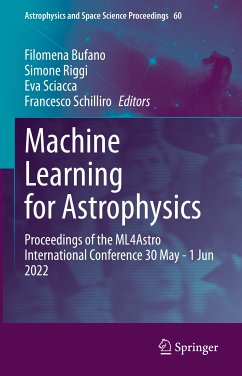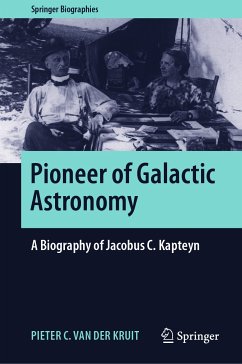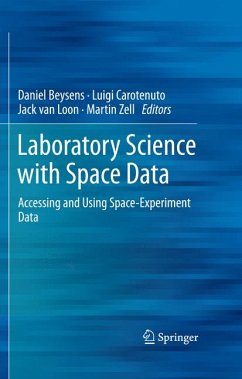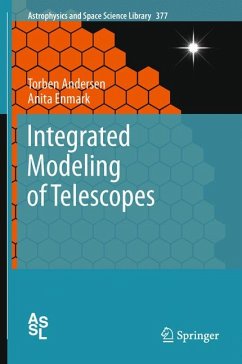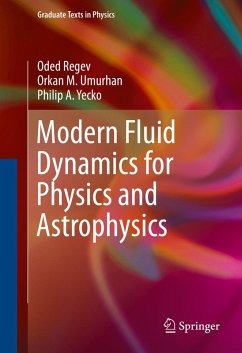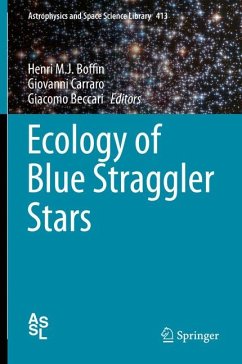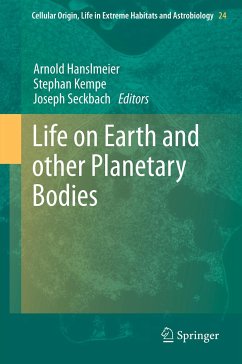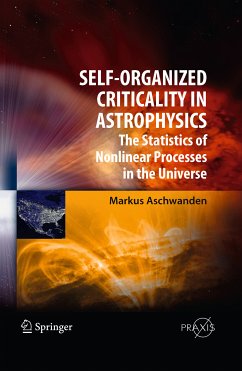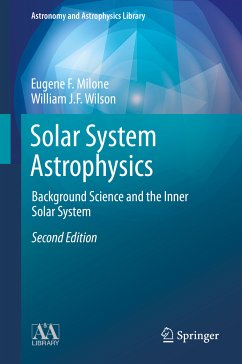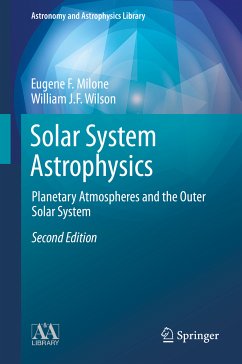
Astrostatistics and Data Mining (eBook, PDF)

PAYBACK Punkte
36 °P sammeln!
¿¿¿¿¿ ¿This volume provides an overview of the field of Astrostatistics understood as the sub-discipline dedicated to the statistical analysis of astronomical data. It presents examples of the application of the various methodologies now available to current open issues in astronomical research. The technical aspects related to the scientific analysis of the upcoming petabyte-scale databases are emphasized given the importance that scalable Knowledge Discovery techniques will have for the full exploitation of these databases.Based on the 2011 Astrostatistics and Data Mining in Large Astr...
¿¿¿¿¿ ¿This volume provides an overview of the field of Astrostatistics understood as the sub-discipline dedicated to the statistical analysis of astronomical data. It presents examples of the application of the various methodologies now available to current open issues in astronomical research. The technical aspects related to the scientific analysis of the upcoming petabyte-scale databases are emphasized given the importance that scalable Knowledge Discovery techniques will have for the full exploitation of these databases.
Based on the 2011 Astrostatistics and Data Mining in Large Astronomical Databases conference and school, this volume gathers examples of the work by leading authors in the areas of Astrophysics and Statistics, including a significant contribution from the various teams that prepared for the processing and analysis of the Gaia data.
Based on the 2011 Astrostatistics and Data Mining in Large Astronomical Databases conference and school, this volume gathers examples of the work by leading authors in the areas of Astrophysics and Statistics, including a significant contribution from the various teams that prepared for the processing and analysis of the Gaia data.
Dieser Download kann aus rechtlichen Gründen nur mit Rechnungsadresse in A, B, BG, CY, CZ, D, DK, EW, E, FIN, F, GR, HR, H, IRL, I, LT, L, LR, M, NL, PL, P, R, S, SLO, SK ausgeliefert werden.




